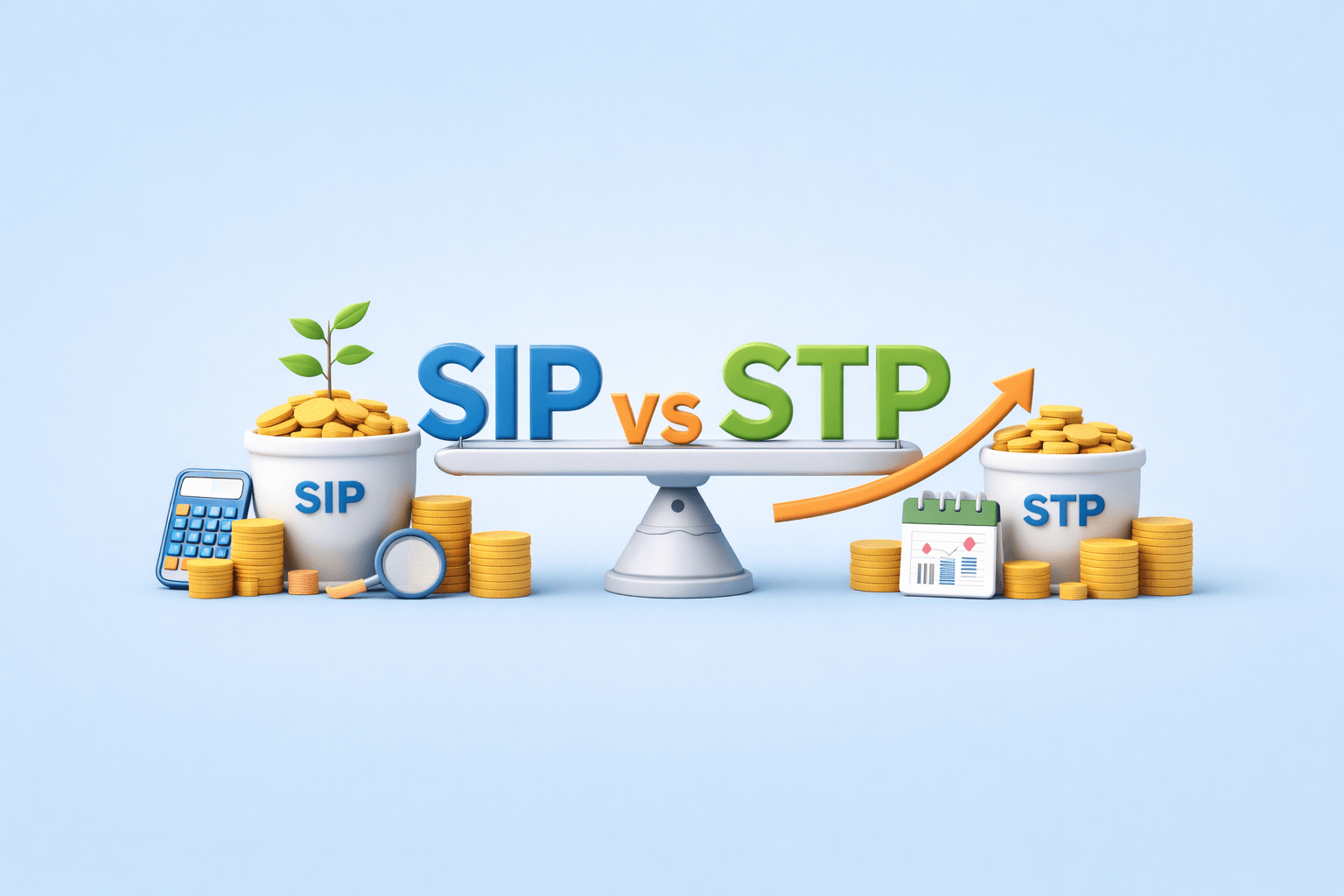- Home
- Blog
- Demat Account
- Types Of Demat Accounts in India
- Types Of Demat Accounts in India
Types Of Demat Accounts in India

- Published Date: September 25, 2024
- Updated Date: October 10, 2025
- By Team Choice
Demat accounts are of different types: Regular demat accounts, BSDA, repatriable demat accounts and non-repatriable demat accounts.
In 1996, the Securities and Exchange Board of India introduced Demat account, which emerged as a powerful tool for managing investments in the world of stock markets. There are different types of Demat accounts from which investors can choose to start investing based on their requirements.
What is a Demat Account?
The full form of a Demat account is a Dematerialised account, which is a repository for holding securities such as equities, mutual funds, bonds, etc, in electronic form. It is designed to eliminate the need for physical share certificates. The main aim of Demat accounts is to simplify the trading process, enhance security, and reduce paperwork.
Choose the best demat account option for your investment needs, whether you are a seasoned investor or just starting.
Open a FREE Demat Account in 5 Mins.
- Free AMC for First Year
- Low DP Charges (₹ 10)
- No Auto Square Off Charges
- Free Research Calls
Types of Demat Accounts
There are four major types of Demat accounts available in India:
- Regular Demat Account
- BSDA Demat Account
- Repatriable demat account
- Non-repatriable demat account
Regular Demat Account:
Regular Demat accounts are designed for investors residing in India to conveniently trade in various investment instruments stocks, bonds, mutual funds, commodities, etc. The primary objective of a regular Demat account is to simplify the trading process. You can open a demat account through a reliable stockbroker.
Not only adults but minors (individuals under the age of 18) can also open a Demat account. However, it is important to know that Demat accounts for minors have limited features as compared to a regular Demat account. A guardian, typically a parent, is required to operate this account on behalf of the minor. To open a minor Demat account, the individual must prove their age and provide valid identity proofs of guardian/parents.
BSDA Demat Account:
BSDA is a Basic Services Demat Account. It is for small investor for their small investment trading activities and a minimum investment portfolio.
Typically, BSDA accounts have low AMC Charges compared to a Regular Demat Account.
It's suitable for Small primarily investors want to invest in stocks and bonds for long-term investment.
Repatriable Demat Account:
The Repatriable Demat account is designed for Non-Resident Indians (NRIs) looking to invest in Indian securities with the flexibility to transfer funds abroad. This account is required to be linked with a Non-Resident External (NRE) bank account, allowing repatriation of funds.
It is beneficial for NRIs who want to invest in Indian stock markets without facing the restrictions on fund transfers. NRI Demat account is a preferred option for global investors as the investment proceeds and dividends earned can be transferred back to the NRI’s country of residence without much hassle.
Non-Repatriable Demat Account:
Non-repatriable Demat accounts are also designed for NRIs. It is linked to a Non-Resident Ordinary (NRO) bank account. It is important to note that the funds in this type of account cannot be transferred abroad, but it allows NRIs to invest in Indian securities.
It is best suitable for NRI investors who have income sources in India and do not need to repatriate their investment proceeds. It is ideal for managing income generated in India, such as rent, dividends, interests, etc. Moreover, it provides a convenient way to manage and grow these funds within the Indian financial system.
Conclusion
Understanding the difference between each type of Demat account is crucial for choosing the right one based on individual needs and residency status. By selecting the most suitable type of Demat account, you can optimise your trading experience and manage your investments more effectively.
To start investing efficiently in Indian stock markets, open a free Demat account with us today!
FAQs
How Main Types of Demat Accounts In India?
The four main demat account types include Regular Demat Accounts, BSDA, Repatriable Demat Accounts, and Non-Repatriable Demat Accounts.
What is a BSDA?
A BSDA or Basic Service Demat Account is a special type of regular Demat account introduced for investors with limited investment portfolios. This account offers reduced annual maintenance charges (AMC) to investors. To qualify for a BSDA, the total value of holdings must not exceed ₹10 lakhs.
What is a Corporate Demat Account?
A Corporate Demat Account is a type of Demat account designed for corporate entities to hold and manage their securities in electronic form.
What is The Difference Between Repatriable Demat Accounts And Non-Repatriable Demat Accounts
A non-repairable demat account can't allow NRI to transfer funds abroad but in a repatriable demat account NRI can transfer this is the only difference rest of the things are the same.
What is The Major Benefit of Having A Regular Demat Account?
Regular demat accounts eliminate inconveniences and save investors money by removing additional charges like market stamps and restrictions on selling shares.
What is a Minor Demat Account?
A minor Demat account is an account that can be opened by an individual under the age of 18 years, hence the word minor. There is no age limit for demat account per say. To open a minor Demat account, the individual will have to prove their age and must also attach valid identity proof of parents or legal guardians.
Difference between a BSDA and a Regular Demat Account
A BSDA (Basic Services Demat Account) is designed for small investors. It offers lower or zero annual maintenance charges if holdings are below set limits (e.g., ₹2 lakh). A regular demat account has standard charges regardless of holding size and is suited for active or large investors.
Recommended for you

Alternative Investment Funds (AIF): Meaning, Types, Benefits & How to Invest in India

FII DII Data - Live Data

Market Prediction Today (13th February 2026)
